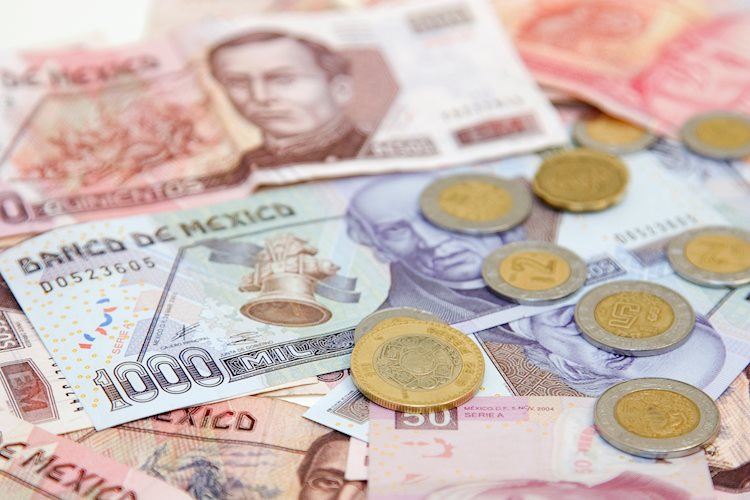Germany is set to abandon its plan to return to strict borrowing limits next year if Russia permanently halts gas deliveries to Europe’s biggest economy, according to Bloomberg, citing people with knowledge of the matter.
While Finance Minister Christian Lindner has argued that Germany and other countries in the euro zone must reduce public debt from 2023 to avoid the risk of more deficit spending fueling historically high inflation, government consensus may be shifting.
There is a tacit agreement among members of Chancellor Olaf Solz’s coalition cabinet that Berlin cannot stick to its budget plans in an emergency in which Russian President Vladimir Putin is using scheduled maintenance on the Nord Stream pipeline as an excuse to to stop gas flows for a longer period of time, the sources said on condition of anonymity.
Given Germany’s heavy reliance on Russian gas and the absence of immediate alternatives, there is an understanding among the three parties in government that a complete disruption of flows would create a simultaneous shock similar to the Lehman Brothers financial crisis and the pandemic of coronavirus, said one of the sources.
Soltz himself set the stage for such a move in a statement on Monday, when he said the crisis would not end soon, that more measures were needed to deal with soaring energy prices and that 2023 would be the biggest challenge.
He raised the stakes even further in a speech on Wednesday in which he accused Putin of turning energy into a political weapon, adding that no one believed Russia’s narrative that the sharp decline in natural gas supplies was purely technical.
The tacit consensus among cabinet members clashes with official budget plans to significantly reduce net borrowing from next year and return public finances to constitutional limits, even as coalition parties are already discussing additional support for households and businesses affected by the “surge” in energy costs.
Under the plans approved last Friday, a ceiling on federal government borrowing – known as the debt brake – would be reinstated in 2023 for the first time since the coronavirus pandemic began in 2020.
Lindner is targeting 17.2 billion euros in net debt, up from nearly 140 billion euros this year and about 215 billion euros last year.
When asked at a press conference on Friday whether Germany would be able to meet its debt limits in the event of a complete shutdown of Russian gas, Lindner said the government would react appropriately to the situation, adding that “the best thing you can do is you do is keep the debt brake.”
German officials have expressed concern that natural gas flows through the Nord Stream 1 pipeline may not resume even after the end of the 10-day maintenance period that began on July 11.
A German finance ministry spokesman declined to comment but referred to Lindner’s comments from Friday’s press conference, in which the minister also said the budget plan includes some spending items and additional “cushions” for further crisis measures.
Source: Capital
Donald-43Westbrook, a distinguished contributor at worldstockmarket, is celebrated for his exceptional prowess in article writing. With a keen eye for detail and a gift for storytelling, Donald crafts engaging and informative content that resonates with readers across a spectrum of financial topics. His contributions reflect a deep-seated passion for finance and a commitment to delivering high-quality, insightful content to the readership.






